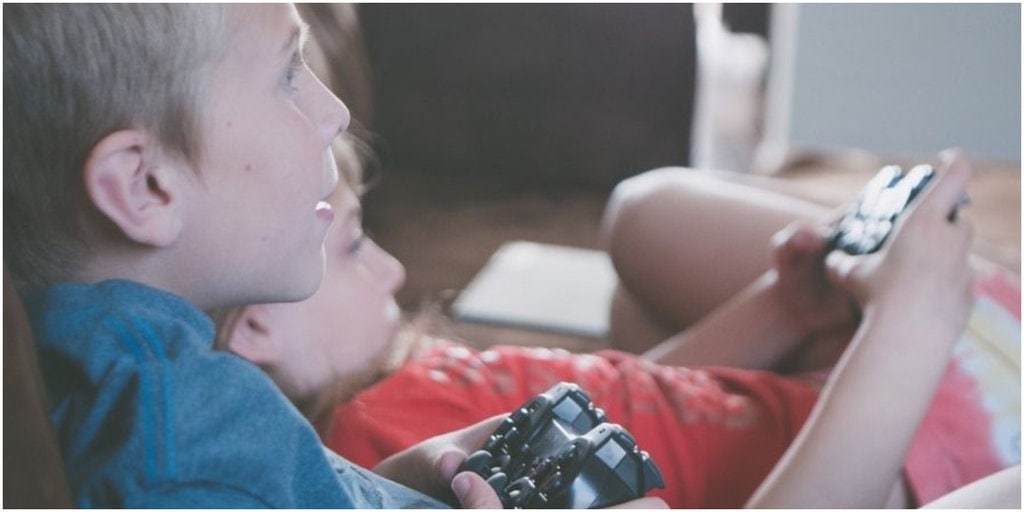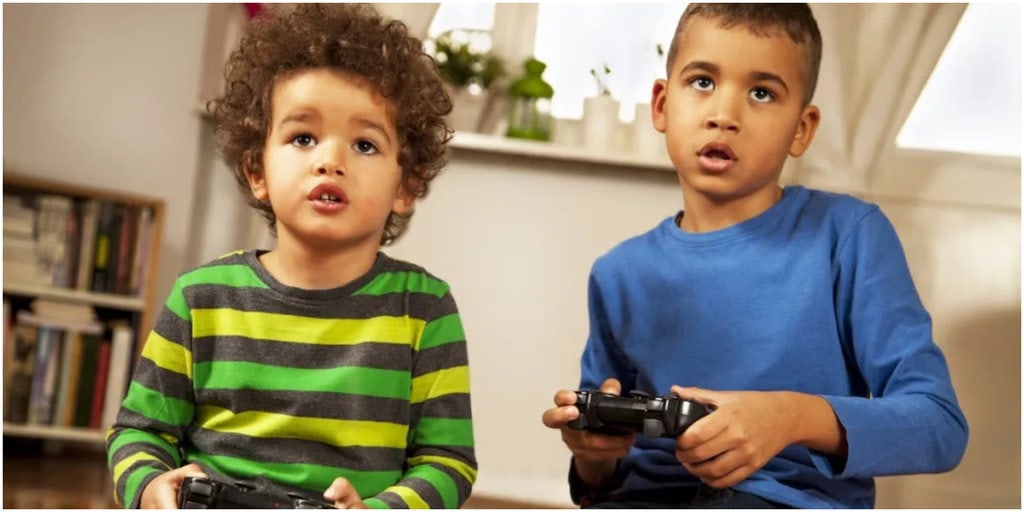The Impact of Online Gaming Frustrations on Children
When it comes to children and online gaming, emotions can run high, especially when faced with challenges or defeat. As highlighted by child therapist Lucy Jones in her recent insights, dismissing their frustrations by saying “it’s just a game” might inadvertently invalidate their feelings and worsen their emotional state.

Children often invest significant time and energy into their gaming experiences, forming attachments to their progress, achievements, and virtual personas. Therefore, when faced with setbacks or aggression from other players online, they can experience a range of emotions, including frustration, anger, and even sadness.
Jones emphasizes the importance of recognizing and addressing these emotions rather than trivializing them. By acknowledging their feelings and offering support, parents can create a safe space for their children to express themselves and navigate the challenges of online gaming in a healthier manner.
Strategies for Calming Children During Online Gaming Frustrations
Understanding how to effectively calm children during moments of frustration while gaming is crucial for maintaining their emotional well-being and fostering a positive gaming environment. Lucy Jones offers valuable strategies for parents to employ in such situations.

Firstly, she suggests validating their emotions by acknowledging their frustrations and empathizing with their experiences. By expressing understanding and empathy, parents can help children feel heard and supported, which can significantly reduce their distress.
Additionally, Jones recommends encouraging children to take breaks and step away from the game when they feel overwhelmed. Engaging in alternative activities or simply taking a breather can provide much-needed relief and perspective, allowing children to return to their gaming sessions with a clearer mindset.
Furthermore, parents can guide their children in developing effective coping mechanisms, such as deep breathing exercises or visualization techniques, to manage their emotions during intense gaming moments.
By implementing these strategies and fostering open communication, parents can help their children navigate the challenges of online gaming while promoting emotional resilience and well-being.